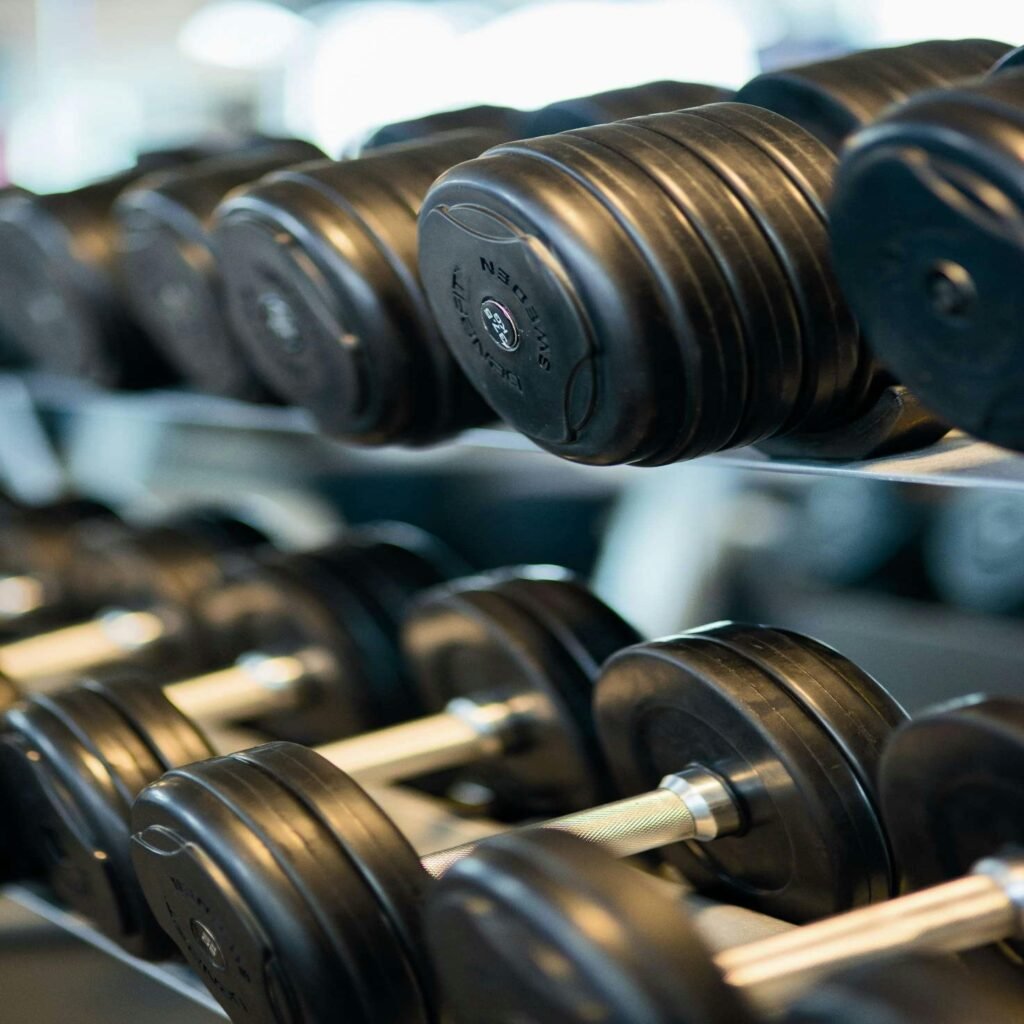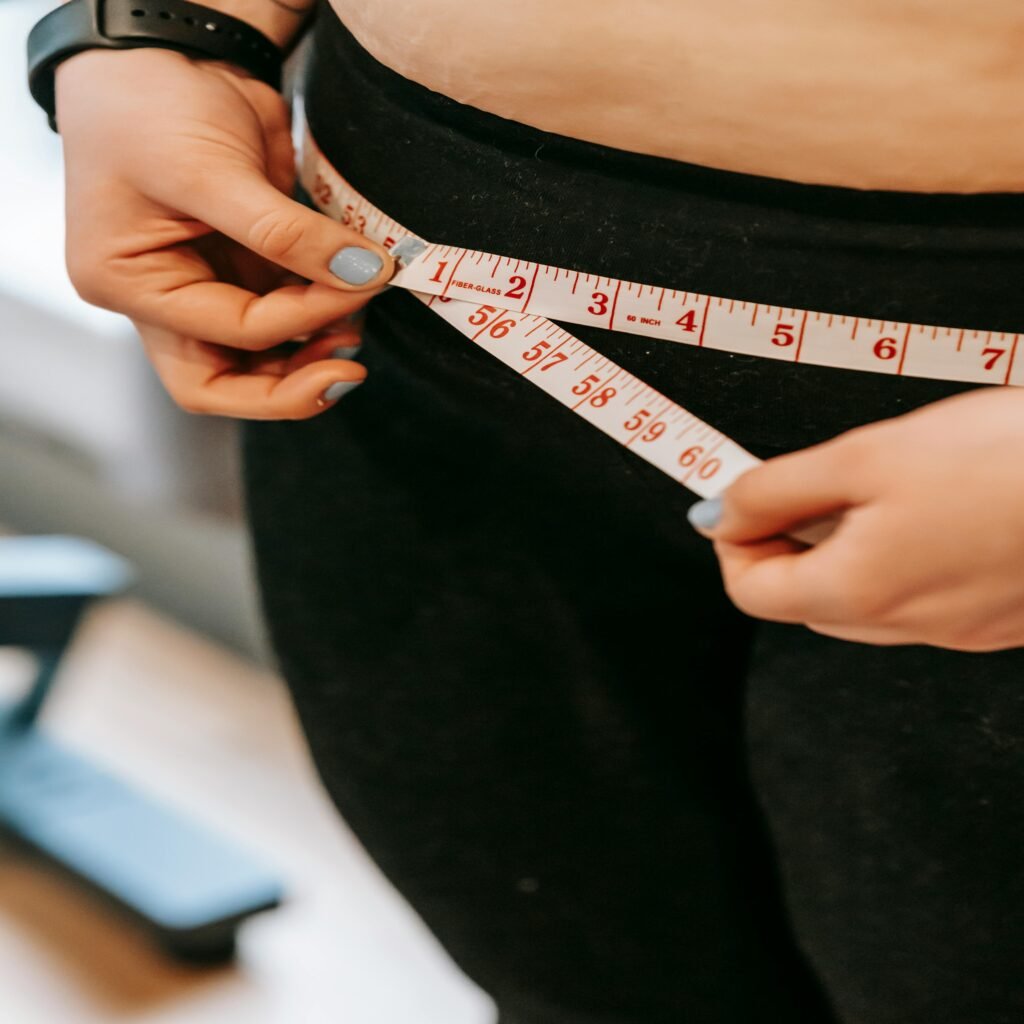Welcome to an informative article that explores whether weight loss can have an impact on menstrual cycles. Many women have experienced changes in their periods when losing weight, and it’s essential to understand the potential reasons behind this phenomenon. From hormonal fluctuations to nutritional deficiencies, we will delve into the various ways in which weight loss can affect menstrual cycles. So grab a cup of tea and let’s explore this fascinating topic together! Can Weight Loss Affect Menstrual Cycles?
Can weight loss affect menstrual cycles?
How Weight Loss Can Impact Menstrual Cycles
Hey there! So you’ve been trying to shed a few pounds and you’ve noticed some changes in your menstrual cycle. Don’t worry, you’re not alone! Weight loss can indeed have an impact on your menstrual cycles. Let’s dive into the details and see how exactly weight loss can affect your period.
The Connection Between Weight and Hormones
When you lose weight, especially a significant amount, it can disturb the delicate balance of hormones in your body. Hormones play a crucial role in regulating your menstrual cycle, so any changes in your weight can impact them.
Body Fat Percentage and Estrogen Levels
As a woman, your body fat percentage is closely linked to your estrogen levels. Estrogen is a key hormone that regulates your menstrual cycle. When you lose weight, especially if you lose it too quickly, your body fat percentage decreases. This drop in body fat can lead to a decrease in estrogen levels, which can affect your menstrual cycle.

Effects of Weight Loss on Menstrual Cycles
Now that we’ve talked about the connection between weight loss and hormones, let’s explore how weight loss can specifically impact your menstrual cycles.
Irregular Periods
One common effect of weight loss on menstrual cycles is irregular periods. If you’ve noticed that your periods have become irregular or have stopped altogether after losing weight, it could be due to the changes in your hormone levels. Your body may need some time to adjust to your new weight and hormone levels, which can result in irregular periods.
Amenorrhea
In some cases, extreme weight loss can lead to a condition called amenorrhea, which is the absence of menstruation for three consecutive cycles or more. This is often seen in athletes or individuals with eating disorders. Amenorrhea is a sign that your body is under significant stress and is not functioning properly. If you’re experiencing this, it’s essential to seek medical attention.
Heavy or Light Periods
Weight loss can also cause changes in the flow of your periods. Some women may experience heavier periods, while others may have lighter periods. These changes can be attributed to the fluctuations in hormone levels that occur with weight loss. If you notice significant changes in the flow of your periods, it’s essential to discuss them with your healthcare provider.

How to Maintain a Healthy Menstrual Cycle During Weight Loss
Now that we’ve discussed how weight loss can impact your menstrual cycles, let’s talk about how you can maintain a healthy menstrual cycle while trying to lose weight.
Gradual Weight Loss
One of the key strategies to ensure that your menstrual cycle remains healthy during weight loss is to aim for gradual weight loss. Rapid weight loss can shock your body and disrupt hormone levels, leading to irregular periods or other menstrual issues. Aim for a slow and steady weight loss of 1-2 pounds per week.
Balanced Diet
Maintaining a balanced and nutritious diet is crucial for supporting your menstrual health during weight loss. Make sure you’re getting an adequate intake of essential nutrients, such as iron, calcium, and vitamins. A diet rich in fruits, vegetables, whole grains, and lean proteins will provide your body with the nutrients it needs to support a healthy menstrual cycle.
Regular Exercise
Incorporating regular exercise into your weight loss journey can also benefit your menstrual health. Exercise helps regulate hormone levels, reduce stress, and improve overall well-being, all of which are essential for a healthy menstrual cycle. Aim for a mix of cardiovascular exercise, strength training, and flexibility exercises to support your overall health.
Stay Hydrated
Staying hydrated is key for maintaining a healthy menstrual cycle during weight loss. Dehydration can affect hormone levels and lead to menstrual irregularities. Aim to drink at least 8-10 glasses of water per day to keep your body hydrated and support your menstrual health.

When to Seek Medical Help
If you’re experiencing significant changes in your menstrual cycle that are impacting your daily life or well-being, it’s essential to seek medical help. Here are some signs that indicate you should consult your healthcare provider:
- Absence of periods for three consecutive cycles or more
- Irregular periods that persist for an extended period
- Unusually heavy or prolonged periods
- Severe menstrual cramps
- Any other unusual symptoms related to your menstrual cycle
Your healthcare provider can help identify the underlying cause of your menstrual issues and provide appropriate treatment. Don’t hesitate to reach out for help if you’re concerned about your menstrual health.
So, there you have it! Weight loss can indeed affect your menstrual cycles, but by taking a gradual and balanced approach to weight loss, you can support a healthy menstrual cycle. Remember to listen to your body, prioritize your health, and seek medical help if needed. Your menstrual health is important, so take care of yourself as you embark on your weight loss journey.




